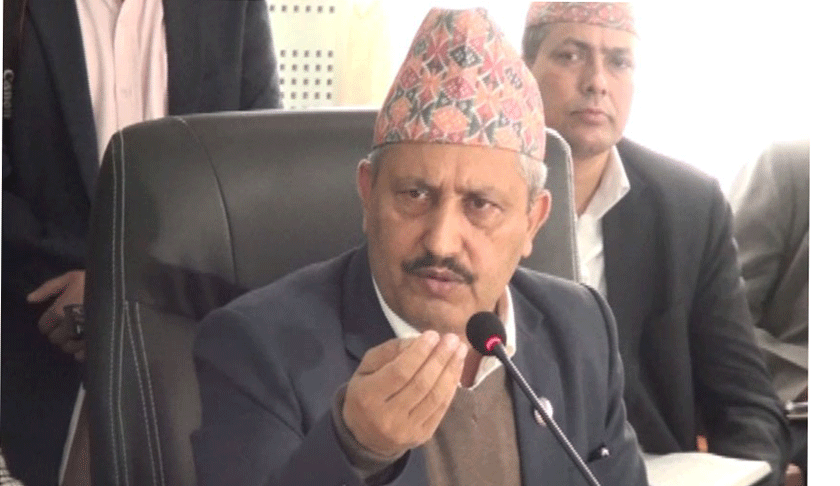In my last article on reforming higher education published in this paper on Oct 6, I discussed the benefits of de-politicizing the mechanism to appoint, compensate and dismiss the vice-chancellor of a university. While de-politicizing the management is an important step, it is not the silver bullet. The closest to a silver bullet may be the privatization of the higher education industry.
One of the greatest success stories of recent times in Nepal is that of the media and education upto the 12th grade. The quantity and the quality of radio stations, newspapers and TV programs have rapidly increased, so have the quantity and quality of private school graduates. Every passing year, both these industries are penetrating into regions that a decade ago seemed quite unlikely. There is a lot we can learn from their success stories.
These industries grew only after the government eased the path for private parties to enter the market. Since these industries are not capital intensive, once the government relaxed the restriction to entry, there was a rapid increase in the number of enterprises. With the rise in numbers of players came greater competition and, as one would expect, better services to the public.
The same strategy could be applied to the opening of universities. To do so, government could pass a Private University Act similar to the one passed by the parliament in Bangladesh. This would considerably ease the entry of private players and allow competition to drive innovation. Better still would be to leave the jurisdiction over higher education to the soon-to-be-formed regional governments. This would result in competition among the provinces to come up with new ideas to foster competition and serve the public. What we may then see is not just easing of restrictions but a province offering subsidies to attract universities.
So far, Nepal’s elite have been reluctant to allow private parties to set up universities. The fear is that with many private universities competing aggressively, one could have a situation where degrees are doled out with ease and for money. And, as a result of that, the university diploma would lose its value and stop functioning as signaling device for employers. Such fears are misguided. It is correct to assume that some universities might give out diplomas easily but a university diploma would still serve its purpose. The employers would start making classification among the universities and may also come up with their own exams to check the quality of the graduates.
It might come as a surprise to many but even in the US it is possible to obtain a university diploma with considerable ease—perhaps with as much as ease as getting one from right across the border in Nepal. Yet, it is in the US that most of the world’s top universities reside and students from all over the world go to study.
Just like in the commodities market, where serious firms maintain a standard to build a brand name, serious universities will maintain their quality to build a reputation. So, the fear that the market will be flooded by fake university diplomas should be the least of the worries.
Some policymakers would argue that opening a university will require a lot of capital. And to let those with less means to open a university would be to put the future of many university students’ lives at risk. This is another misguided logic. Many of the world’s best universities started off in a small house with two professors and about a dozen students. By making it possible for an entrepreneur with little means but big ideas to set up universities, the government in a stroke of pen will unleash the free market in an area that needs competition the most. It may well be that the ones started with smaller means may go on to become some of the finest universities in the country.
(Writer is an Assistant professor of Economics and Finance at Texas A&M International University in Texas, US.)
680anand@gmail.com
Why is an "NOC" required while going abroad for higher educatio...







































